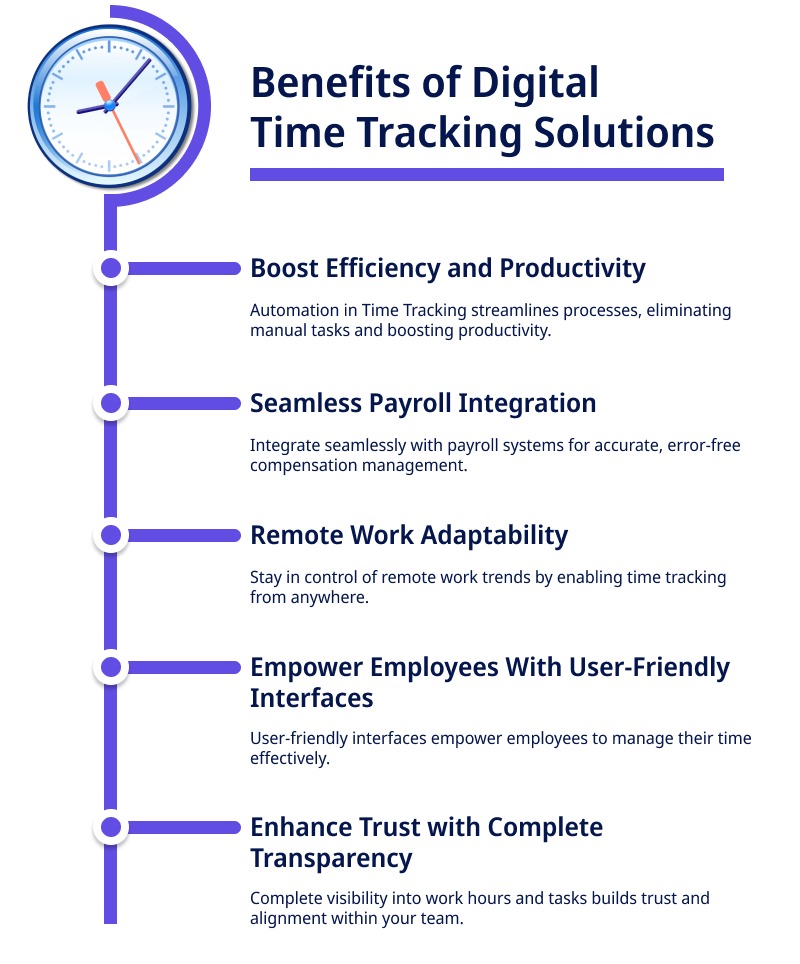Becoming a punctual individual is a crucial aspect of professionalism that can greatly enhance your productivity in the workplace. Punctuality not only reflects your commitment and reliability but also helps build trust and positive impressions among your colleagues and superiors. In this blog post, we will explore the significance of punctuality in professional settings and provide practical strategies for mastering and prioritizing time to boost your productivity.
The Impact of Punctuality on Professionalism
Punctuality is a key aspect of professionalism that can have several positive or negative impacts on your career success. When you consistently arrive on time for meetings, deadlines, and commitments, you demonstrate your professionalism and dedication to your work.
Punctuality builds trust and reliability among colleagues and superiors. Showing up late or missing deadlines can lead to negative impressions, erode trust, and hinder your professional growth.
Overcoming Challenges: Time Management Techniques
Mastering time management is essential for maintaining punctuality. By effectively prioritizing tasks and setting realistic deadlines, you can optimize your productivity. Start by creating a to-do list and break down your tasks into smaller, manageable chunks.
Utilize tools and apps that help organize and track your commitments. These tools can assist in scheduling, setting reminders, and tracking progress, ensuring that you stay on top of your responsibilities.
Building a Culture of Punctuality in the Workplace
Employers play a vital role in promoting a culture of punctuality by setting standards and leading by example. By consistently demonstrating punctuality, employers can inspire their employees to prioritize timeliness.
![]()
Image courtesy of www.shutterstock.com via Google Images
Implementing training programs and workshops can also be effective in promoting punctuality among employees. By offering guidance and techniques for time management, employers can empower their workforce to increase productivity and maintain punctuality.
Encouraging open communication about time management challenges can help create a supportive work environment where employees can seek guidance and support when struggling to meet deadlines or manage their time effectively.
Addressing Common Obstacles to Punctuality
Distractions and procrastination are common obstacles that can hinder punctuality. Establishing boundaries and eliminating distractions can significantly improve productivity. Create an optimal work environment by minimizing interruptions, turning off notifications, and dedicating focused time to your tasks.
Traffic, transportation, and commute-related delays can also pose challenges to punctuality. By planning ahead and allowing extra time for potential delays, you can minimize the impact of unforeseen circumstances.
It is essential to have contingency plans in place to address unexpected situations that may arise, such as technical difficulties or last-minute changes. Anticipate potential issues and devise alternative strategies to ensure punctuality.
The Psychological Benefits of Punctuality
Being punctual not only positively affects your professional life but also has significant psychological benefits. By maintaining punctuality, you can reduce stress and anxiety associated with last-minute rushes and missed deadlines.

Image courtesy of www.workstatus.io via Google Images
Punctuality promotes a sense of accomplishment and increases productivity. It enhances job satisfaction and fosters harmonious work relationships by showing respect for colleagues’ time and commitments.
Being punctual cultivates self-discipline and personal growth. It helps develop a habit of effective time management, leading to overall improved productivity and success in both personal and professional endeavors.
Implementing Punctuality in Remote and Virtual Workplaces
In today’s flexible work environments, such as remote or virtual workplaces, punctuality remains crucial despite the absence of physical presence. Virtual work settings present unique challenges, including different time zones and distractions at home.
To ensure punctuality in remote work, utilize tools and communication techniques effectively. Use digital calendars, scheduling apps, and collaborative platforms to synchronize schedules and stay organized.
Despite the flexibility associated with remote work, it is crucial to emphasize the importance of punctuality among team members. Encourage regular communication and establish clear expectations regarding deadlines and availability to maintain punctuality in a virtual work environment.
In Conclusion
In conclusion, punctuality is not only a reflection of professionalism but also a powerful tool for enhancing productivity in the workplace. By mastering time management techniques, building a culture of punctuality, and overcoming common obstacles, you can harness the psychological benefits of being punctual.
Embracing punctuality as a mindset will not only improve your professional reputation but also bring greater job satisfaction and personal growth. Make punctuality a priority, and watch as your productivity soars, leading to success in your professional endeavors!



